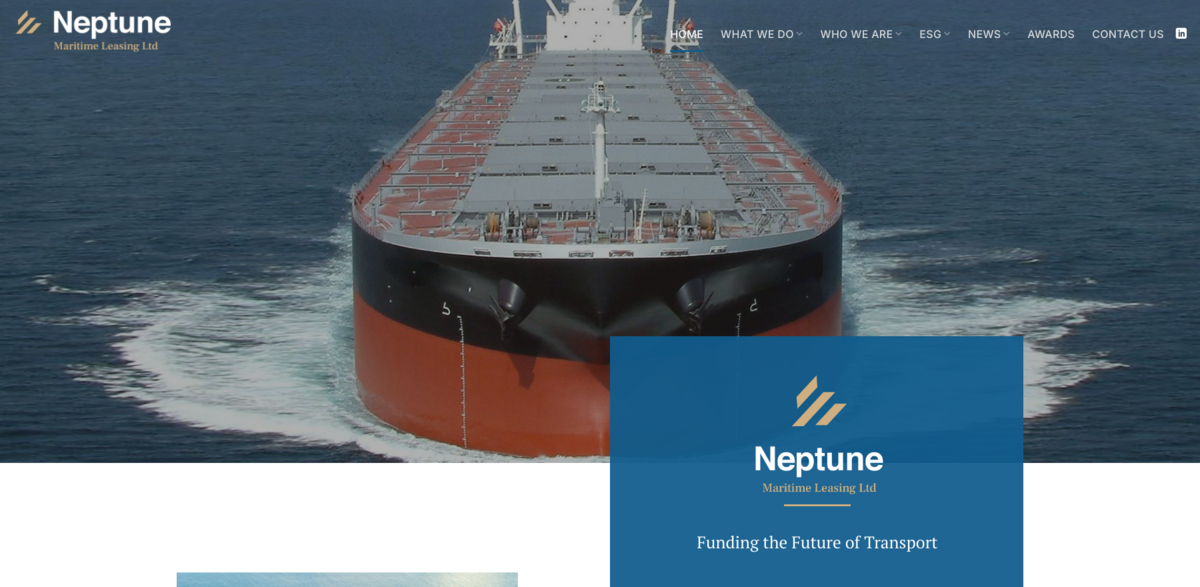What is Neptune Leasing?
Neptune Leasing is all about delivering attractive, long-term, risk-adjusted, and responsible returns to investors. How? By advancing global trade and economic growth through supporting the maritime industry — but doing so responsibly. It’s not just about profits; Neptune aims to make a positive contribution to the environment and society as a whole. The company focuses on creating a leasing platform that invests in maritime assets, combining financial goals with environmental and social responsibility.
Main Benefits and Key Facts
The maritime industry is massive — a US$1 trillion market, actually — and it’s growing faster than global GDP. It’s responsible for transporting nearly 90% of world trade (according to UNCTAD). With fleet renewals and new environmental regulations, the need for new ship investments is accelerating. Here are some key points:
- Maritime industry market size: US$1 trillion
- Responsible for almost 90% of world trade transport
- Fleet renewals and environmental regulations driving new investments
- Focus on attractively priced, highly liquid maritime assets
- Targeting long-term, stable cash flows with equity upside and inflation protection
Neptune’s Investment Strategy
The strategy is pretty straightforward but smart: build a growing leasing platform investing in maritime assets that are attractively priced and highly liquid. The goal? Generate long-term and stable cash flows while targeting favorable risk-adjusted returns. Plus, there’s an equity upside and protection against inflation. It’s about balancing opportunity with caution — and doing it responsibly.
Preferred Assets and ESG Focus
Neptune’s preferred assets include:
- Oil tankers over 30,000 DWT
- Dry bulk carriers over 25,000 DWT
- Gas carriers
- Containerships between 2,000-14,000 TEU*
All vessels should preferably be modern, “eco,” built in 2010 or later, and constructed at reputable shipyards. The emphasis is on fuel-efficient “eco” ships, combining attractive returns with responsible investments, positive ESG screening, and active engagement with lessees. It’s a clear focus on sustainability and environmental responsibility.
Core Values and Operational Principles
Neptune operates with a strong set of values and principles that guide every decision:
- Integrity & Transparency
- Diligence & Accountability
- Resilience & Prudence
- Active Engagement & Strategic ESG Transition Advice
These aren’t just buzzwords — they reflect a commitment to strong governance, robust risk and management practices, and active stakeholder engagement. It’s about doing business the right way, every step of the way.
Project Impact and Sustainable Development Goals (SDGs)
- SDG 8: Decent Work and Economic Growth
- SDG 9: Industry, Innovation, and Infrastructure
- SDG 12: Responsible Consumption and Production
- SDG 13: Climate Action
- SDG 14: Life Below Water
- SDG 17: Partnerships for the Goals
Commitment to Responsible Business
Neptune Leasing is a proud participant of the United Nations Global Compact, adhering to its principles-based approach to responsible business. This means the company doesn’t just talk the talk — it walks the walk, integrating strong governance, ESG training, and education into its core operations. The focus remains on protecting the environment and ensuring that investments contribute positively to society and the planet. It’s a holistic approach that blends financial success with meaningful impact.


















